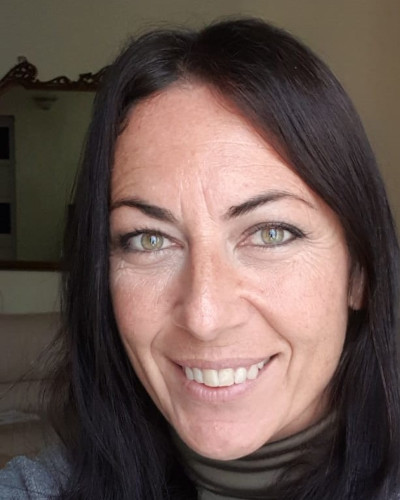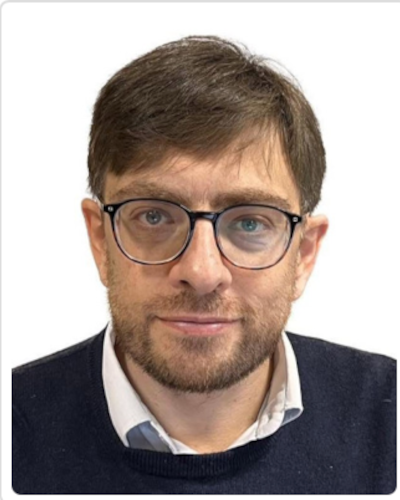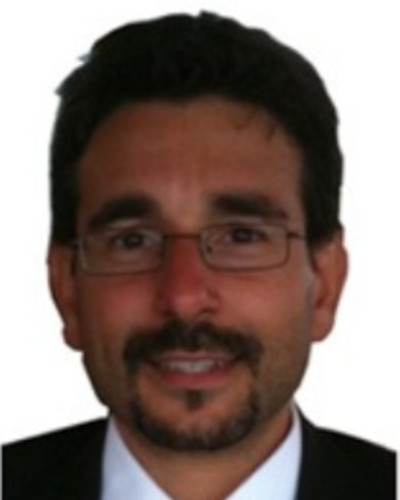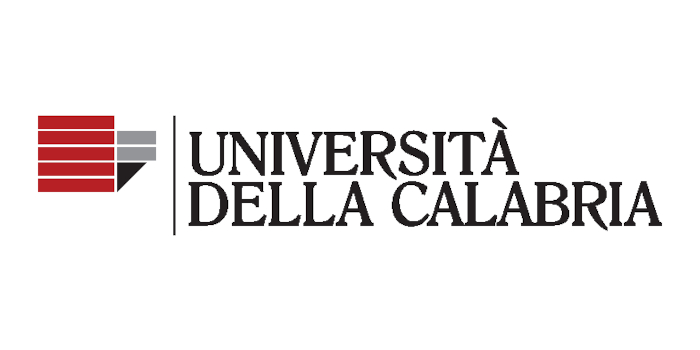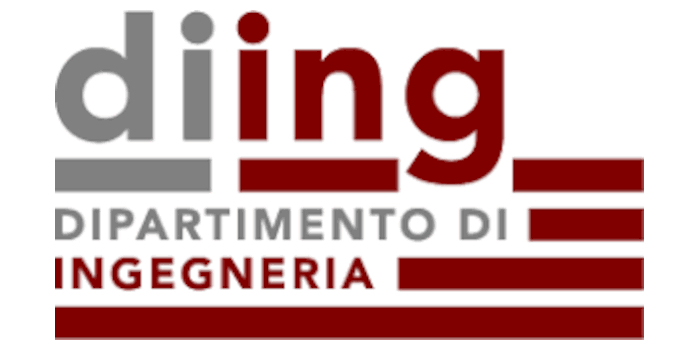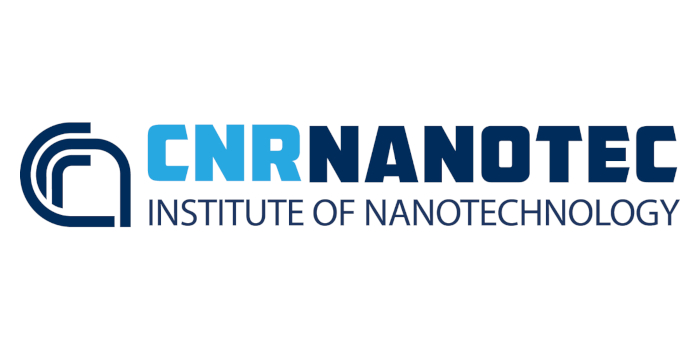SPECIAL SESSION #13
From Measurement to Intelligence: Electrical Energy Monitoring and Automation in Smart Living and Hospitality Environments
ORGANIZED BY
Annalisa Liccardo
University of Naples Federico II, Italy
Francesco Bonavolontà
University of Naples Federico II, Italy
Domenico Luca Carnì
University of Calabria, Italy
SPECIAL SESSION DESCRIPTION
The special session focuses on advanced electrical systems, measurement technologies and automation solutions for the monitoring, management and optimization of energy consumption in residential environments.
The session aims to bring together researchers, practitioners and industry experts working on smart electrical infrastructures, building automation and intelligent energy management, with particular attention to real-world applications and living lab approaches.
Topics include electrical measurements, smart metering, IoT-based monitoring systems, building automation technologies, interoperability of communication protocols, and AI-driven strategies for energy efficiency. Special emphasis is placed on residential buildings, smart homes, hotels and HoReCa facilities, where energy optimization must be balanced with comfort, usability and service quality.
The session welcomes contributions addressing experimental validation, real deployments, digital twins, and data-driven approaches, promoting sustainable, resilient and user-centric electrical systems for smart living and hospitality.
ABOUT THE ORGANIZERS
Annalisa Liccardo (Member, IEEE) received the M.S. (cum laude) and Ph.D. degrees in electrical engineering from the University of Naples Federico II, Naples, Italy, in 2003 and 2006, respectively.,She was a Tenure-Track Researcher with the Department of Electrical Engineering and Information Technology, University of Naples Federico II, from 2013 to 2016, where she has been an Associate Professor since 2016. She is currently the Head of the Laboratory “Measurement for Smart Grid,” Centre for Advance Metrological Services (CESMA), University of Naples Federico II. She is the Founder of the spin-off ARCADIA, Naples, for the realization of AR environments for remote control of measurement instruments. Her main current research interests involve advanced measurements for monitoring and protecting electrical power systems, IoT sensors for electrical measurements, distributed measurement systems, and AR-based remote laboratories.
Francesco Bonavolontà is an Associate Professor of Electrical and Electronic Measurements at the University of Naples Federico II. After completing his PhD in Electrical Engineering, he developed an extensive research activity on advanced measurement systems, IoT sensor networks, and solutions for Industry 4.0, Precision Livestock Farming, and agri-food sustainability. He is the author of more than 100 international publications and serves as Associate Editor for journals such as Scientific Reports (Nature) and Measurement: Sensors (Elsevier). He has coordinated major projects within PNRR, PRIN, and industrial frameworks, collaborating with national and international research institutions and industrial partners. He is also co-inventor of the patent System and Method for Capturing Wild Boars (2023).
Domenico Luca Carnì achieved a master's degree in Computer Engineering from the University of Calabria in 2003. In 2006, he received a Ph.D. degree in Systems and Computer Engineering from the same university. At the moment, he has joined the Department of Informatics, Modeling, Electronics and Systems (DIMES), University of Calabria, as an Associate Professor of Electric and Electronic Measurements. He is the head of the measurement information processing laboratory at the University of Calabria, which operates in the fields of Synchronization, digital signal computing, Infrared Image processing, automatic measurement systems, measurement for telecommunication systems and signals, and measurement for biological parameter evaluation.

